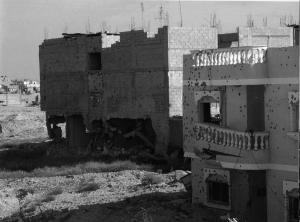‘A fascinating book – a moving and nostalgic piece of oral history. It is an honest, warts and all, account of that historic February 2003 demonstration against Tony Blair’s oncoming war, of the run up to the march and of the differing views about what it achieved.’ Bruce Kent, Vice President CND ‘A powerful and important memoir of an unforgettable moment in our country’s history. ’ Caroline Lucas, MP for Brighton Pavilion
Pre-order a copy by for £10 post-free – it will be delivered in…




